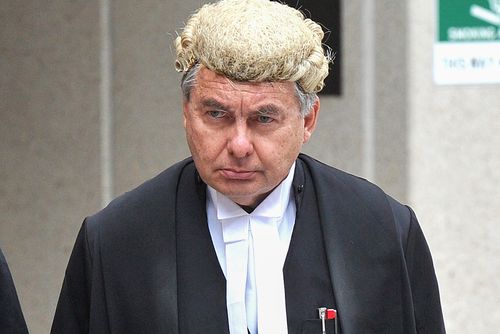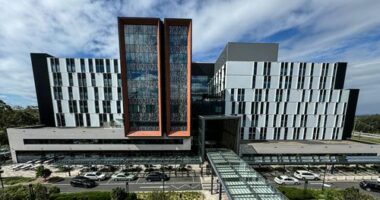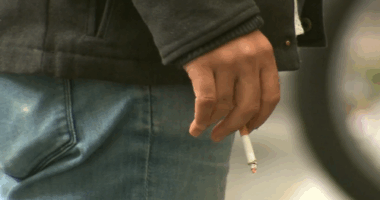Share this @internewscast.com
A former judge’s action to disclose confidential information from the inquiry into Bruce Lehrmann’s criminal case was intended to promote transparency, rather than being an act of corruption, according to his legal team.
The commission’s probe stemmed from Sofronoff’s leaks to a journalist.

However, the oversight body’s adverse finding labeled it as a “serious offence against the administration of justice,” as stated by Sofronoff’s lawyer, Adam Pomerenke KC, during a hearing today.
Sofronoff was not corrupt, malicious or dishonest, the barrister told Justice Wendy Abrahams.
Rather, he genuinely believed he was acting in the public interest by sending documents like witness statements to the media.
“Even if Mr Sofronoff was wrong in his view, the fact remains that he genuinely and honestly held it,” Pomerenke said.Â
“At worst it could be characterised as an erroneous attempt to ensure accuracy and transparency in the public discourse.”
Sofronoff chaired a board of inquiry into the ACT’s criminal justice system after Lehrmann’s controversy-plagued prosecution.
The former Liberal staffer was accused of raping then-colleague Brittany Higgins in a ministerial office at Parliament House in 2019.
A 2022 criminal trial was abandoned without a verdict due to juror misconduct.
Lehrmann, who previously lost a defamation case concerning media reports on Higgins’ allegations, is currently appealing a judge’s decision that deemed the rape accusation credible on the balance of probabilities.
The Sofronoff-led inquiry found the ACT’s top prosecutor, Shane Drumgold, had lost objectivity over the Lehrmann case and knowingly lied about a note of his meeting with broadcaster Lisa Wilkinson.
Drumgold resigned and launched a legal challenge to the findings in the ACT Supreme Court.

It found the majority of the inquiry’s findings were not legally unreasonable, but it struck down an adverse finding about how Drumgold cross-examined then-Liberal senator Linda Reynolds during Lehrmann’s criminal trial.
In March, the ACT Integrity Commission also found the majority of the inquiry’s findings were not legally unreasonable.
But it found Sofronoff’s behaviour during the inquiry gave rise to a reasonable apprehension of bias and he might have been influenced by the publicly expressed views of journalist Janet Albrechtsen.
Sofronoff repeatedly messaged the News Corp columnist and eventually provided her an advance copy of his probe’s final report.
Pomerenke told the Federal Court today the ACT corruption body had admitted it made an error in finding Sofronoff might have engaged in contempt.
The claimed contempt stemmed out of leaks to the media despite directions made to parties during the inquiry to suppress certain documents.
But the notion that the head of an inquiry could be in contempt of himself was “absurd and irrational”, Pomerenke said.
This concession was enough to toss the findings against his client, he told the court.
Any individual error could not be “disentangled” from the final finding that the former judge engaged in serious corrupt conduct, the barrister said.
Support is available from 1800 RESPECT (1800 737 732) and the National Sexual Abuse and Redress Support Service on 1800 211 028.












